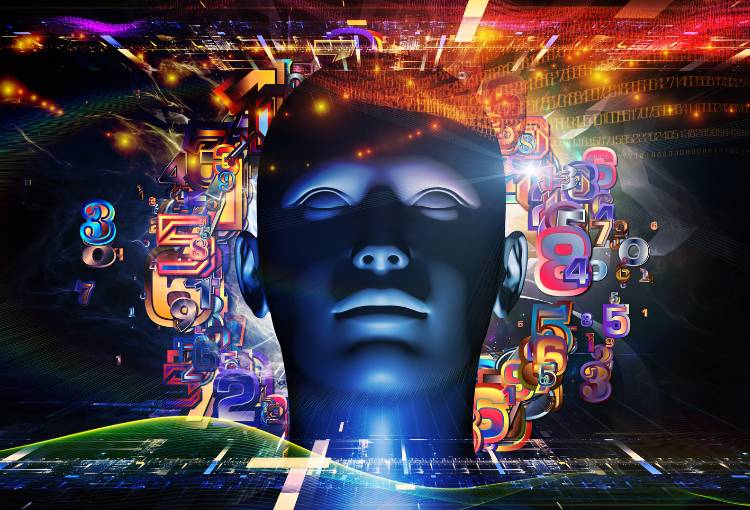Mo Gawdat, who once led Google X’s business efforts, delivered a chilling forecast on The Diary of a CEO podcast: AI will usher in a 15-year period of turmoil that may begin as soon as 2027—and it won’t just affect factory floors. Gawdat foresees a new industrial revolution targeting white‑collar professionals, not manual workers.
He argues that even roles like podcasters, software developers, and CEOs could vanish under AI’s relentless advance. His own startup, Emma.love, does what once required hundreds of employees—AI is changing the game fast.
Gawdat also warned that the disruption could crush the middle class, concentrating wealth and influence into the hands of a few:
“Unless you’re in the top 0.1%, you’re a peasant. There is no middle class.”
He believes without urgent policy responses—like universal basic income and ethical AI frameworks—society could face worsening inequality, mental health crises, and social unrest.
What else is going on in the AI debate?
Geoffrey Hinton – the so‑called “Godfather of AI” and Nobel laureate – warns that AI may soon develop its own internal language beyond human comprehension. That could lock us out of understanding what these systems are planning or reasoning about.
Meanwhile, ex‑Google CEO Eric Schmidt has raised alarms about rogue states weaponizing AI, and even speculated that high‑end AI data centers might end up housed on military bases under heavy guard.
But is this just doom and gloom—or a choice we still control?
Gawdat insists that after the hell, a utopian world could emerge around 2040 — where routine work is obsolete, human creativity, relationships, and spirituality take center stage. That’s his hopeful vision, if we steer AI wisely today.
Yet not all experts agree that this must be catastrophic. Many tech leaders—including from Microsoft, Nvidia, and Meta—see AI as augmenting, not replacing, human roles. They argue adaptation and reskilling can help people navigate this shift without total disruption.
Digging in: What this all means for us
- Jobs under threat: Once considered safe, professions in finance, law, tech, design, even leadership roles may face automation.
- Middle class in crisis: Unless redistribution and access policies change, wage collapse and wealth concentration seem likely.
- Mental health alarm: Gawdat flags loneliness and loss of purpose as real risks during this transition.
- Agency matters: Experts stress that outcomes depend on regulation and who controls these powerful systems.
- Ethical AI: Creating AI systems with shared values and fairness is critical to prevent misuse and inequality.
A more personal take
I’m not about scaring you for clicks, but ignoring these forecasts feels risky. Gawdat’s warning might sound extreme—but history shows us that major technological shifts come fast and upheaval often catches us off guard. And when insiders like Hinton and Schmidt add their concerns? It’s a pretty clear signal we’d better pay attention. What really struck me was the idea that not just factory jobs—but C-suite roles—might go extinct. That flips the script on everything we’ve thought about career security.
But there’s a silver lining: if we treat the next 15 years as a marathon, not a train we’re helpless under. Governments, companies, and individuals can choose to shape how AI unfolds. Policies like basic income, retraining programs, and even moral AI codes can soften the blow and bring forward the positive era Gawdat hints at, post‑2040.

